Melbourne Institute: Goods & Services Taxation Law in Australia
VerifiedAdded on 2023/06/11
|15
|1075
|370
Report
AI Summary
This report provides an overview of the Goods and Services Tax (GST) in Australia, a value-added tax of 10% on most goods and services, with exemptions for healthcare, medicine, and housing. It discusses the Australian Consumer Law (ACL) as the primary taxation law developer, established in 2011 to replace numerous federal, state, and territory laws, enforced by the ACCC and state protection agencies. The report outlines the ACL's objectives, including consumer protection against unfair practices, and details consumer guarantees related to product quality, descriptions, supplier rights, and service standards. It also covers the characteristics of the ACL, its roles in ensuring fair business conduct, and the principles of a good tax system, such as equity, simplicity, neutrality, and certainty. Furthermore, the report touches on the history of Australia’s tax measures, from the Trade Practices Act 1974 to the Competition and Consumer Act 2010, and assesses the effectiveness of the GST law in meeting its objectives through accountable management, tax risk identification, and integrity in reporting.
1 out of 15

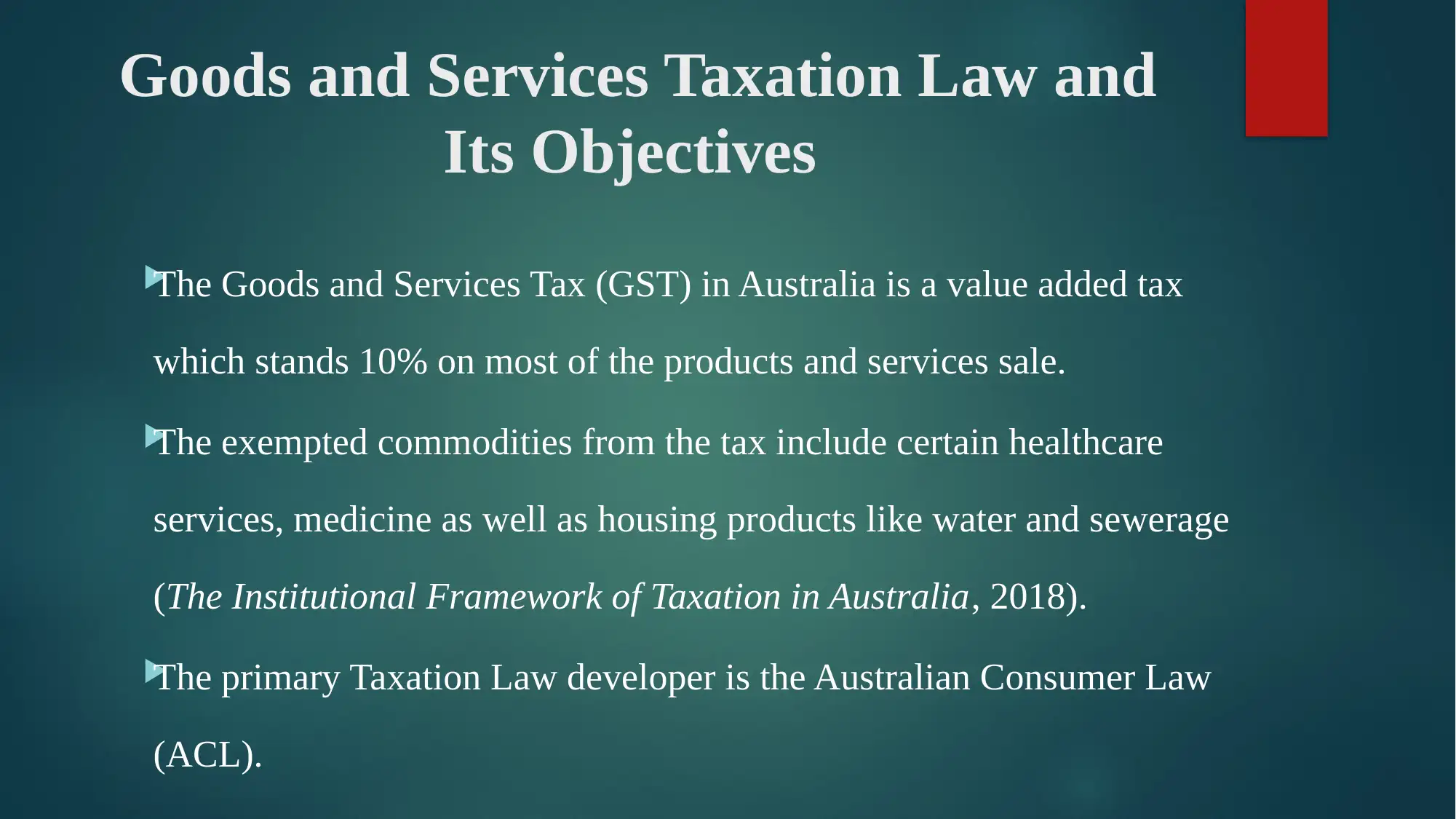


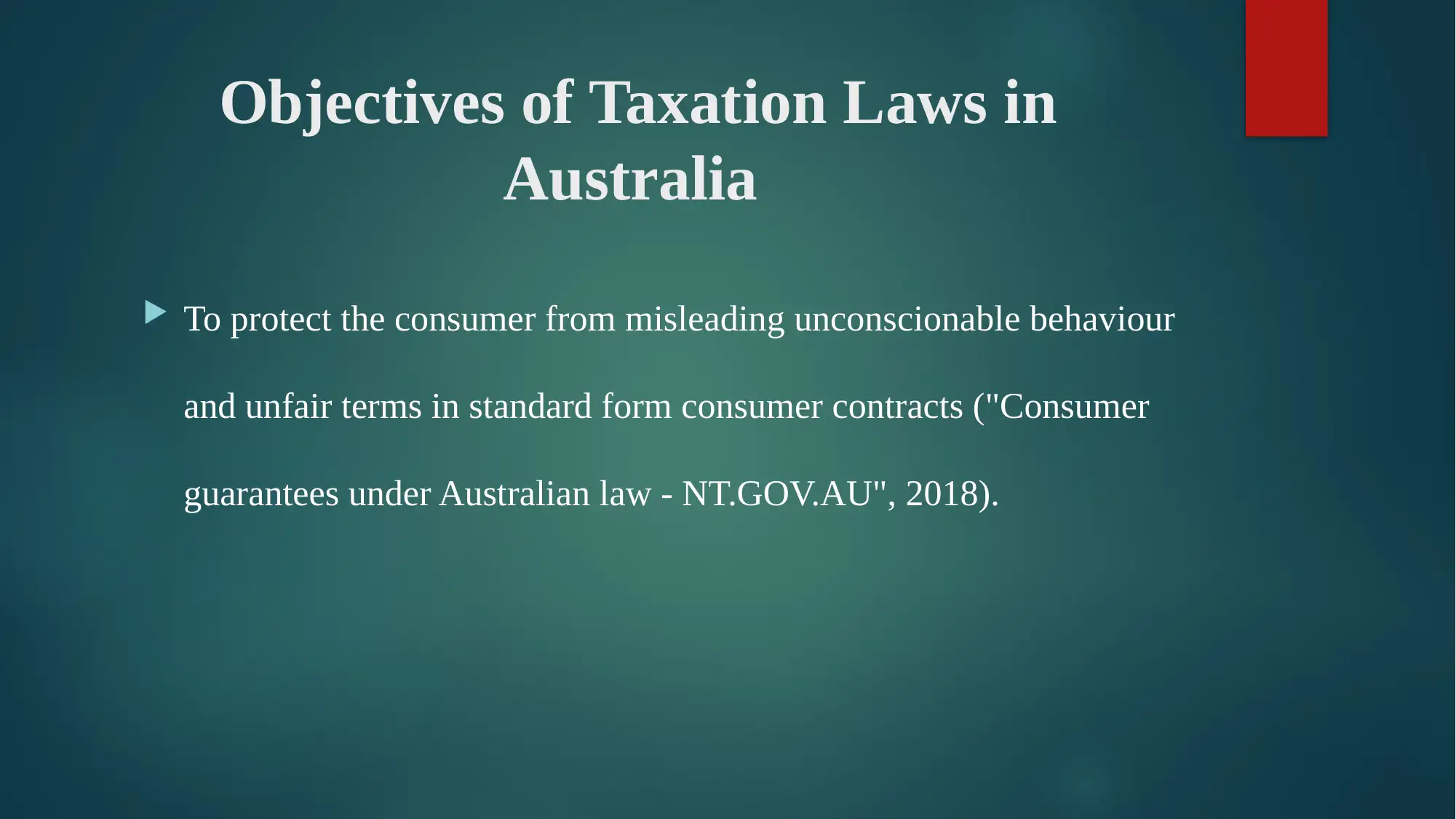


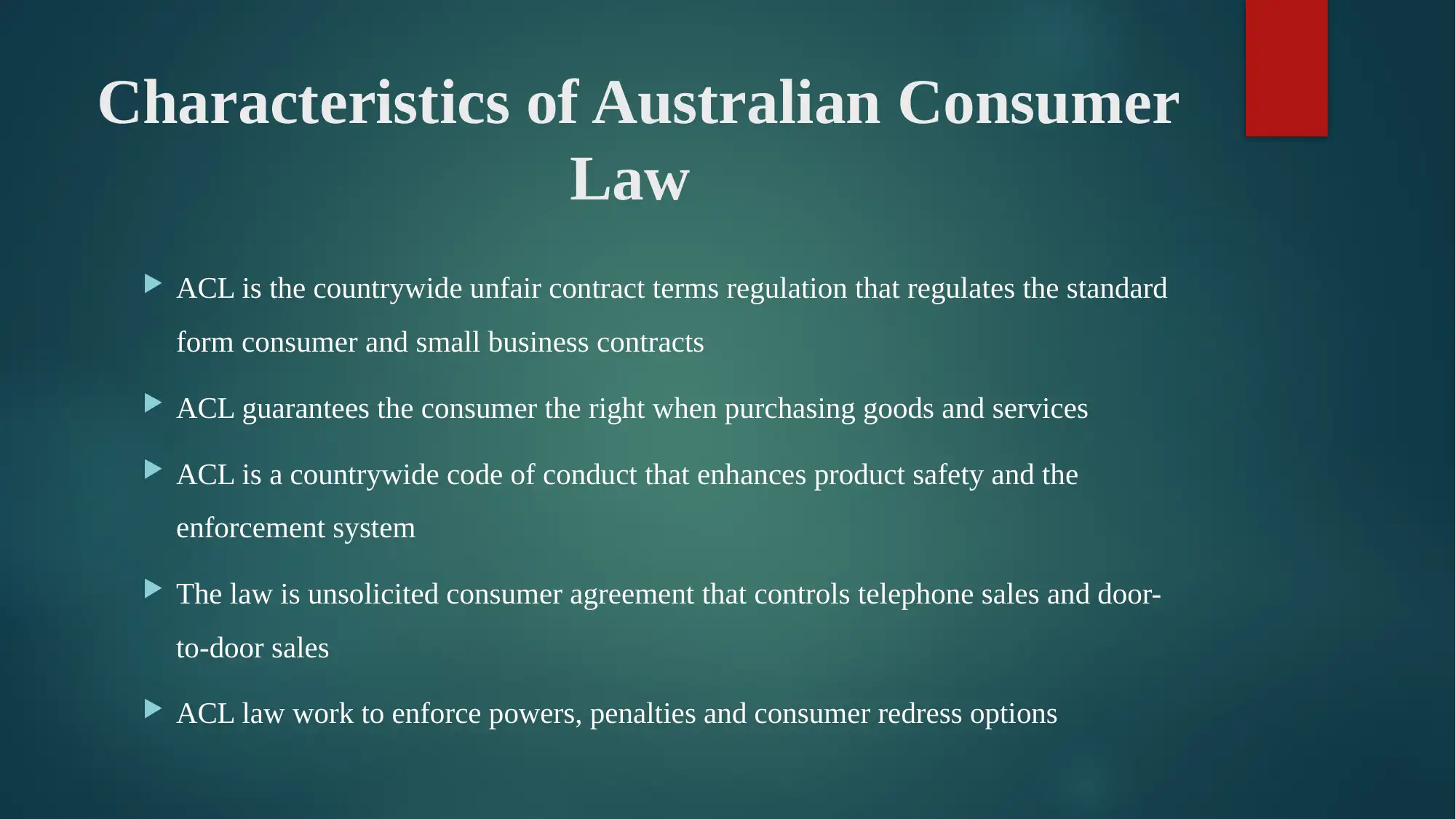


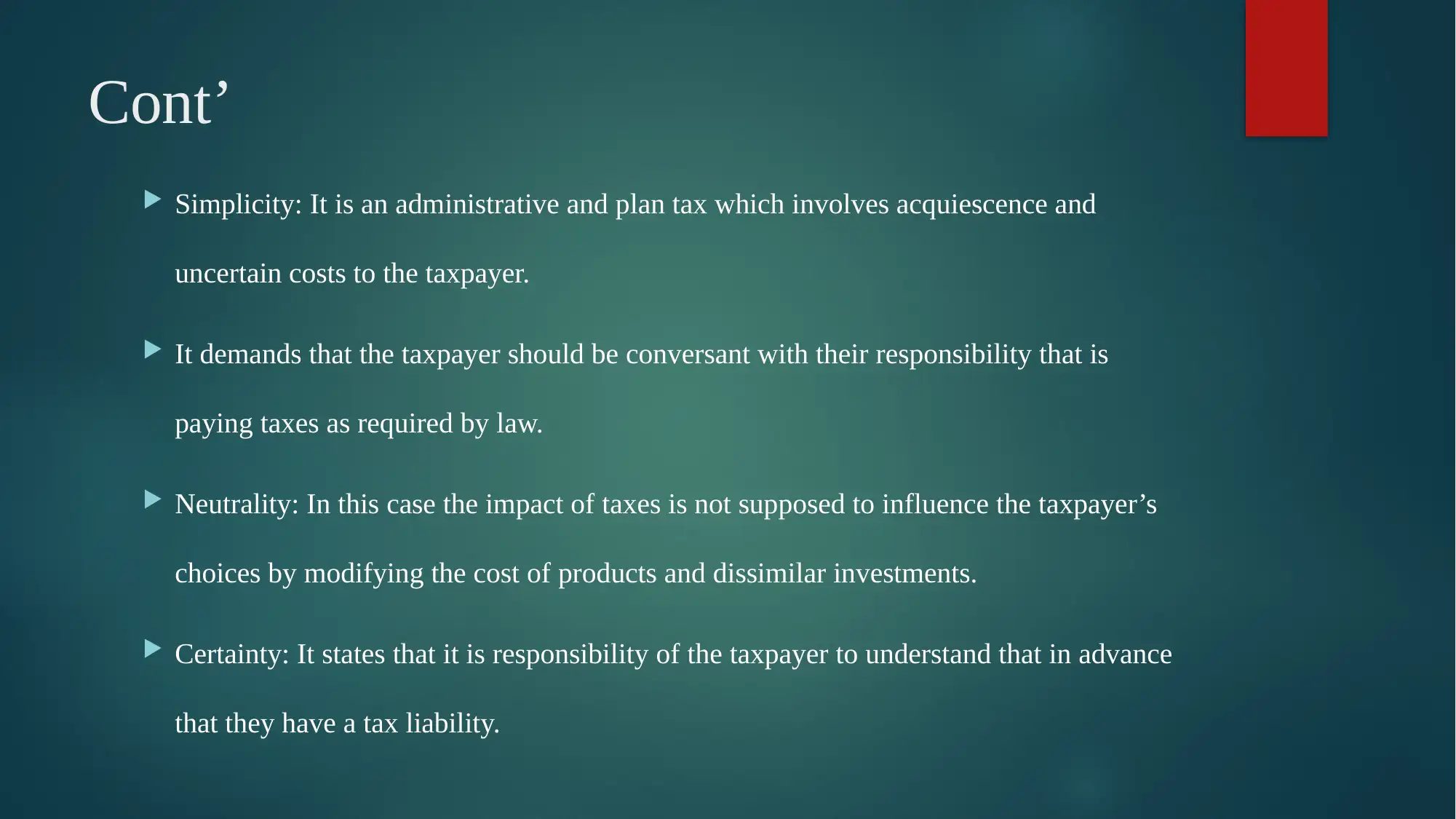
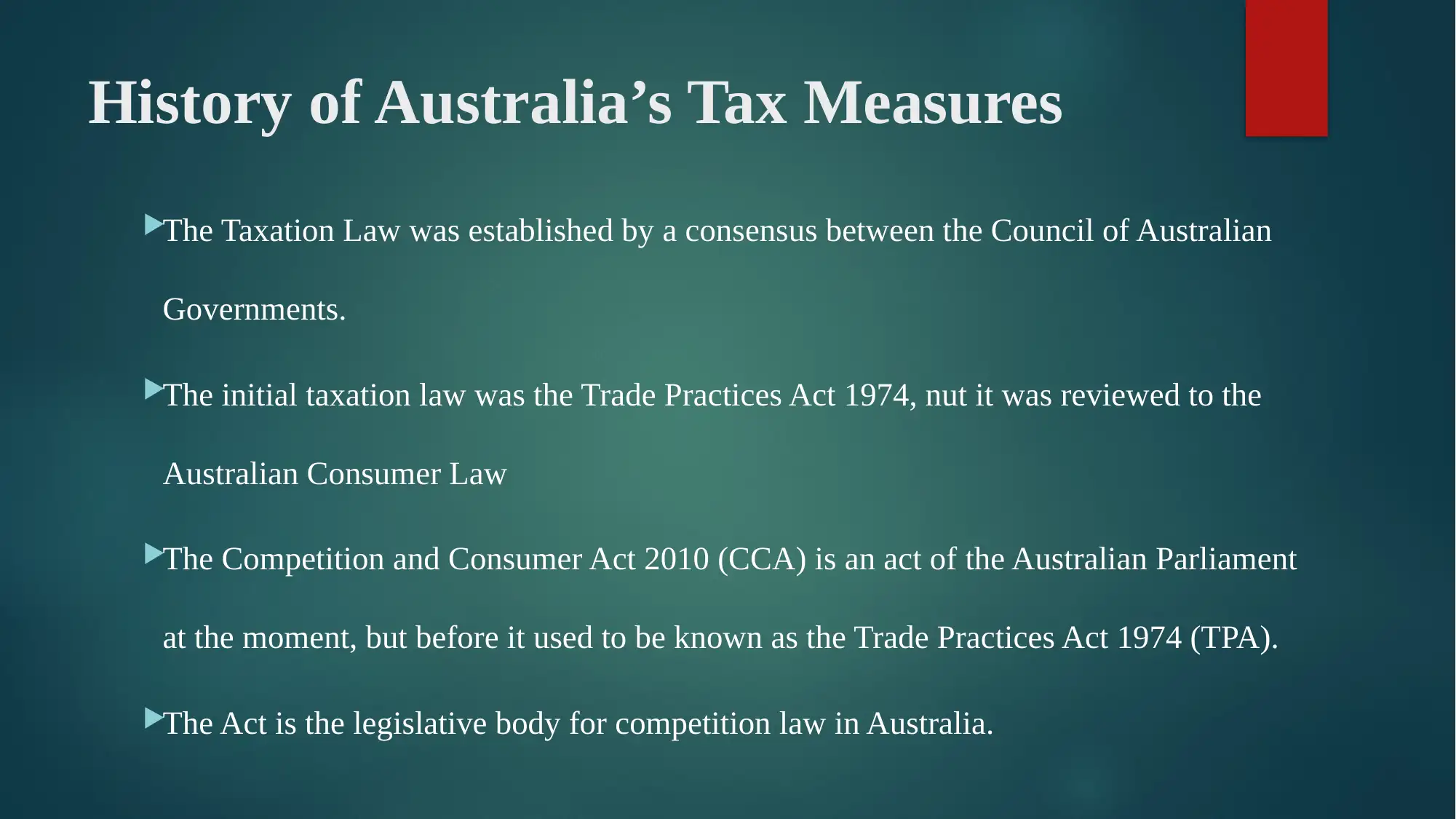






![[object Object]](/_next/static/media/star-bottom.7253800d.svg)